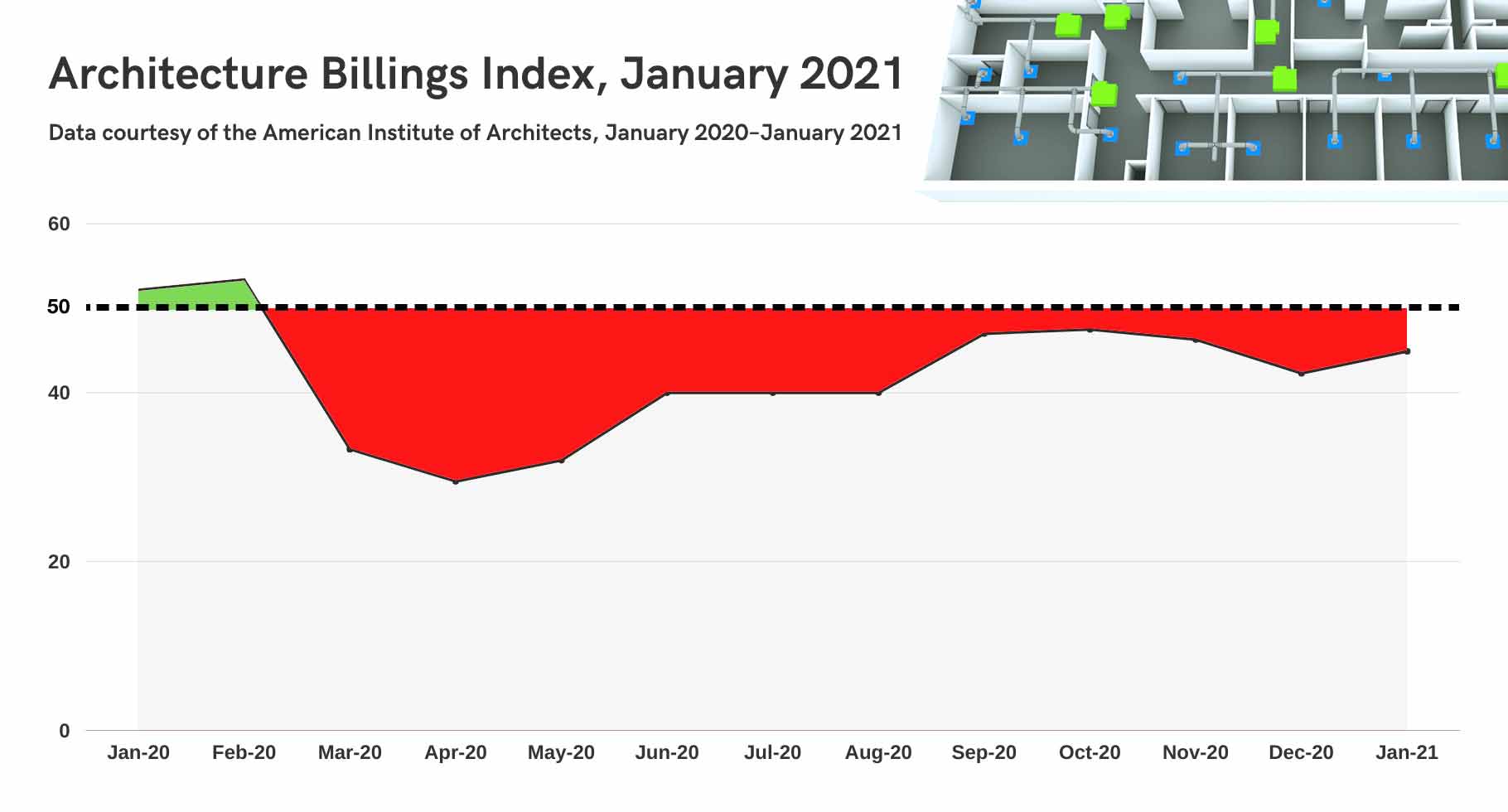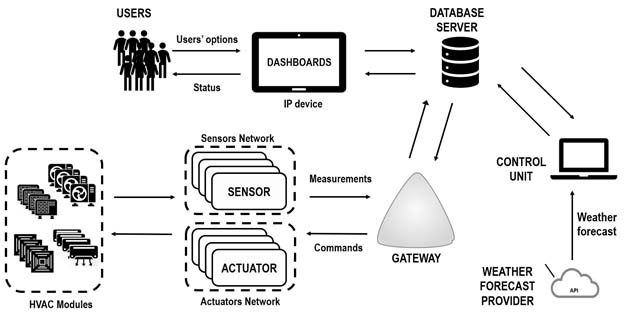EPA Petition for Uniform HFC Phasedown
The Air Conditioning, Heating, and Refrigeration institute (AHRI) joined in excess of 35 other industry and natural associations in appealing to the U.S. Environmental Protection Agency (EPA) looking for uniform public guidelines for fixed cooling and business refrigeration gear in the change to environment cordial refrigerants under the American Innovation and Manufacturing (AIM) Act. Whenever proclaimed, these norms will bring about an extra half billion tons of CO2 decrease well beyond what as of now is projected to be accomplished by execution of the AIM Act.
The government norms looked for by the AHRI appeal line up with comparable principles effectively set up in nine states. The Natural Resources Defense Council (NRDC), the Association of Home Appliance Manufacturers (AHAM), and the Environmental Investigation Agency (EIA) submitted comparable petitions under the AIM Act.
For new private and light business focal cooling hardware, the AHRI appeal looks for a guideline necessitating that gear producers use refrigerants with a GWP of 750 or less in hardware made after January 1, 2025, except for VRF hardware, whose cutoff time would be January 1, 2026. These change dates would adjust the country to the dates embraced in December 2020 by the California Air Resources Board (CARB) and nine extra Climate […]
Commercial HVAC 2021 Forecasting
What will commercial HVAC look like in 2021?
Perhaps the most well known tool used to measure the future development for non-private development is the Architecture Billings Index (ABI). Presently, billings are down, which shows a log jam in new work.
Commercial HVAC will probably stay repressed as the housing market changes with the effect of COVID-19, remembering the critical effects for office space, lodgings, eateries, and retail (to give some examples). IAQ will stand out enough to be noticed, regardless of whether that implies outside air admission, upgraded filtration, moistness control, or UV lights. Our industry should lead in this significant (and already undervalued) region. It will turn out to be more significant in the private market in Cleveland and Northeast Ohio, as well.
The inevitable upswing is still around the corner however, possibly as early as the second quarter of 2021. Why? We must accept there is a ton of repressed interest sitting out there that is still hanging tight for the immunization or different indications of full recovery. These are obvious in distribution statistics, production returning to the U.S. (and Cleveland), innovation reliance, and the infrastructure expected to bloom. The fundamentals – HVAC innovation provides cooling and air filtration to the major essentials in […]
Internet of Things (IoT) Commercial HVAC Controls that Improves Efficiency & Effectiveness
Intelligent structures influence IoT devices to limit energy utilization while keeping people comfortable agreeable.
Smart HVAC Technology keep basic control and upkeep information consequently refreshed and effectively available. Clients distantly tweak their settings through applications, and temporary workers access early alarms and basic diagnostics in online reports. Modern items can even incorporate climate forecasts and energy use patterns to limit power utilization and improve temperature guideline. As manageability turns into an expanding center for people, organizations, and networks the same, IoT-empowered HVAC frameworks can oblige a consistent client experience while diminishing ecological effect.
The Internet of Things
The Internet of Things (IoT) empowers shrewd highlights of numerous advances, including HVAC frameworks. Progressed IoT-empowered sensors can give an abundance of data applicable to HVAC clients, producers, and maintainers. Sensors assemble estimations on indoor air temperature, open air brilliant temperature, indoor and outside dampness, velocity, and flow designs, to give some examples. The brilliant sensors move this data to a focal information base, which interfaces the HVAC framework to the intensity of the web — trading status to applications and dashboards and bringing in data like climate estimates and client inclinations. These gauges and inclinations drive programmed HVAC framework changes and can order actuators from in the background without looking […]




